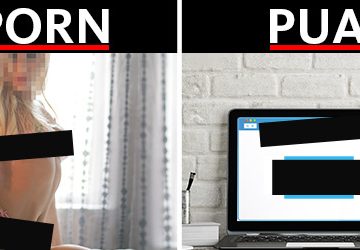Pornography is a matter of choice: You don’t want to see it, click to close that window. Otherwise, keep clicking to see a lot more.
But adware or a Potentially Unwanted Application (PUA) is often not a matter of choice: You aren’t sure exactly how it got on your computer and you really can’t see how to get rid of those toolbars that are redirecting web searches and clogging up your device.
This lack of a conscious choice – and the annoyance factor for everyday users – is what sets adware apart from porn.
At Avira, detecting adware is at the core of what we do – right up there with blocking malware. By selecting Avira, you’ve entrusted us to stop malicious software from stealing your private and financial data. And with our PUA warnings, we keep adware from stealing your time and sapping your machine’s performance.
But if you think the courts have a hard time defining what porn is – and any subsequent discussions over freedom of expression, nipple laws, and societal norms – let us warn you: defining what is adware and a PUA is just as difficult. We are proud to state that Avira is the first security company to go on the offense and take legal action against a publisher for distributing adware – and we won in court.
The Avira Virus Lab has teams which are focused on detecting and stopping adware in its tracks. While there are highly technical ways to identify adware and to categorize how it behaves, here are a couple common behavioral traits we look out for:
- Strange changes – Changes your computer registry and settings in ways unrelated to the desired software installation.
- Uninvited extras – Installs third-party software or unrelated components without your explicit consent.
- Misleading information – Inaccurately describes what it actually does.
- Can’t get rid of it – Hidden components make it difficult to uninstall.
It is really all about user choice. Sometimes people (like myself) really do want to download an app that has been fingered as adware. That’s why the PUA warning is great as it enables me to “know it when I see it”, do a little extra research, and only then decide what to download. It’s always good to know what you are putting on your device – and what you can easily take off of it.














